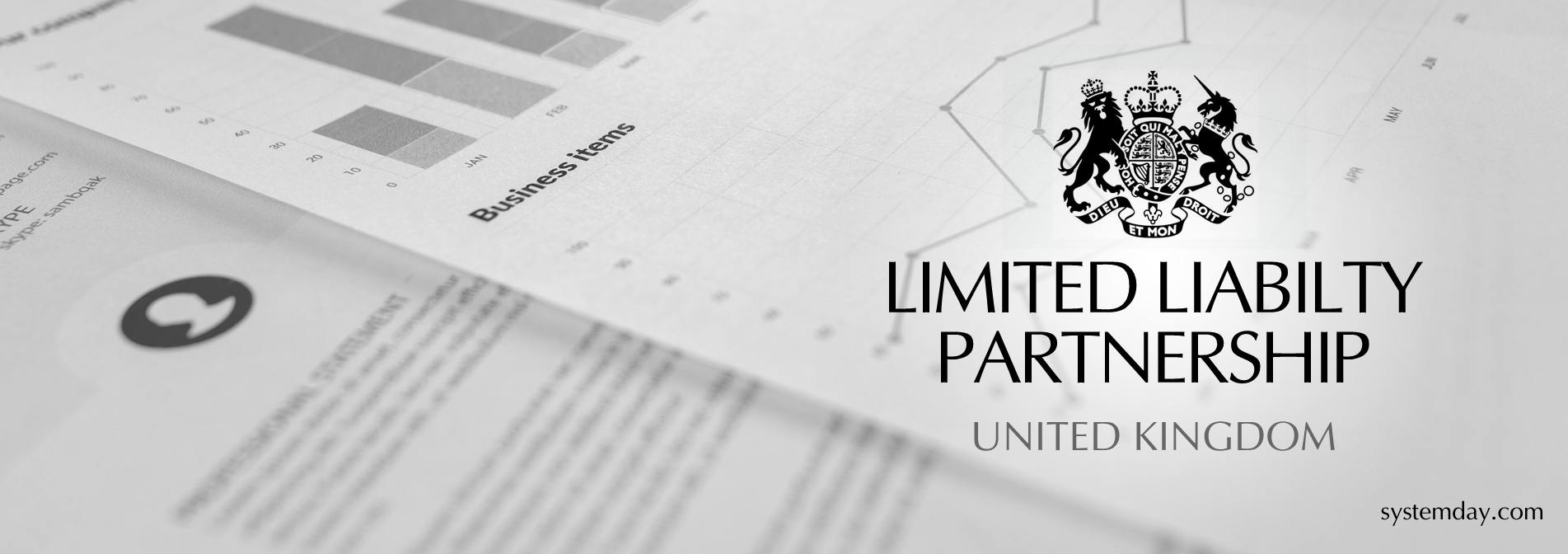
UK Limited Liability Partnership – LLP
An LLP has the benefits of limited liability and allows its members the flexibility of organising the structure as a traditional partnership.
The main difference between a Limited Liability Partnership and a Limited Company (Ltd) is that the LLP is taxed as a partnership, not subject to corporation tax. In other respects it is very similar to a limited company.
UK Fees to Incorporate an LLP
- Partnership formation – £340
- Provision of Registered Office – £280
- Tax Agent recommended – £400 – £800
LLP Key Features
The key features of an LLP are:
It is a corporate body and therefore a separate legal structure distinct from its members. The LLP can own and hold property, employ people and enter into contractual obligations.
An LLP has unlimited capacity which means that third parties need not be concerned about any restrictions on its activities.
An LLP has members/partners, not directors or shareholders. An LLP has no share capital and is not subject to the company law rules governing the maintenance of capital.
The members/partners of an LLP have limited liability.
An LLP has complete flexibility as to the internal structure which it wishes to adopt. There are no requirements for board or general meetings or decision making by resolution. An LLP does not have a Memorandum or Articles of Association.
As the members have limited liability, the protection of those dealing with an LLP requires that the LLP maintains accounting records.
An LLP must prepare and deliver annual accounts and confirmation statements to the registrar of companies.
The exemptions available to companies, as in the delivery of abbreviated accounts and exemption from audit also apply to LLPs.
Difference between a Member and a Designated Member
Designated Members have the same rights and duties towards the limited liability partnership as any other member.
Designated members are responsible for:
- appointing an auditor (if required)
- signing the accounts on behalf of the members
- delivering the accounts to the Registrar
- notifying the Registrar of any membership changes or change to the registered office address or name of the limited liability partnership
- preparing, signing and delivering to the registrar a confirmation statement
Designated Members of a Limited Liability Partnership
Every LLP must have at least two designated members at all times, who may be corporate or individual members.
After incorporation Companies House must be informed about:
- the appointment of a new member or designated member
- a member or designated member ceasing to act in the partnership
- changes in a member’s or designated member’s name or address
The LLP Agreement
The management structure is addressed by the members in a separate LLP agreement and this agreement is not filed at Companies House and remains a private document.
- A comprehensive LLP agreement governing the duties and responsibilities of the members and to make provision for:
- the management of the LLP
- the decision-making process
- the capital contributions required of the members, both while a going concern and (if any) on liquidation
- the division of profits
- changes to the membership
- dispute resolution
- provision for the amendment of the LLP agreement
Accountancy and Tax for an LLP
A Limited Liability Partnership never pays tax in its own right. Tax is due from the members of the partnership in their own country of tax residency.
However the following needs to be done in all cases:
- Financial statements need to be filed for all LLPs with Companies House.
- Tax returns need to be lodged for every accounting period for the LLP itself and for all the members
Please note:
- The format of the Balance Sheet is different to that of a Limited Company.
- The members have to lodge tax returns even if the company has not traded
- If the member is a limited company; the tax return lodged for the member needs to be accompanied by company accounts and information about where the company is considered to be resident for tax purposes.
- If the member is an individual: details of the income they derive from the LLP needs to go on their personal tax return.
- We can assist with the preparation of tax returns, accounts, and general LLP filings.

